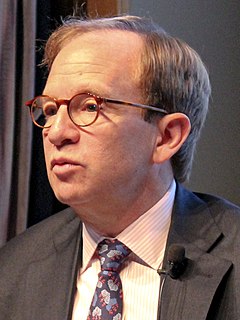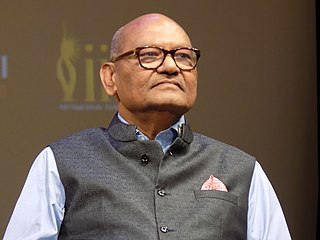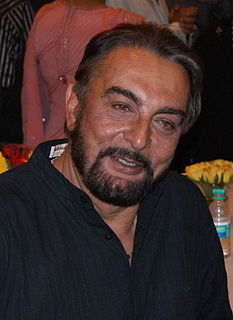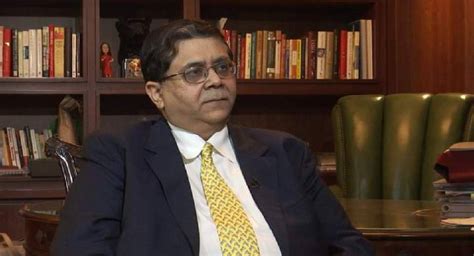A Quote by Thomas Friedman
I was in Bangalore, India, the Silicon Valley of India, when I realized that the world was flat.
Quote Topics
Related Quotes
There are really at least two Indias, there is an India or a shining India the one which the west seas usually through urbanize and there is an India outside some of the big metro policies and in even the tier two cities and in rural India which is completely different. It goes by the name of Bahar which is a traditional name for India.

































